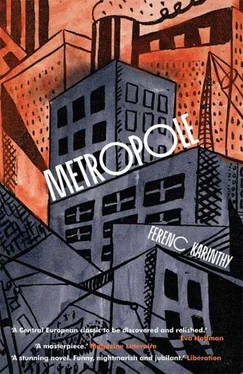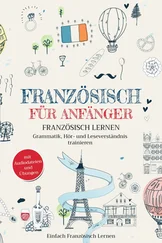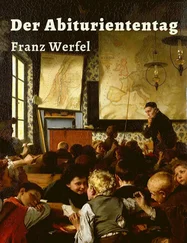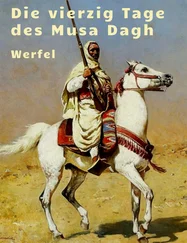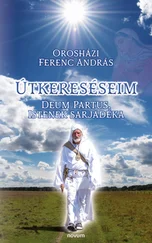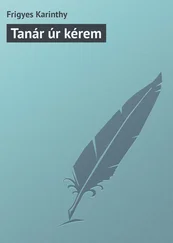The next time he woke he could tell by the rumbling that trains were running again and he even felt the familiar draught of their approach. The way out was also open. It was sunny and breezy outside. The street and the square were packed with people exactly as they had been before the fighting started, the road too was just as full of cars as before. The dead had vanished, there was no evidence left of the battle, its effects having been covered over with hoardings and fresh layers of paint. Budai joined the crowd and walked down to the china shop where he had taken shelter. Its windows were boarded up but the shop was open for sales again though the choice was limited. The building next door across which the flag had been hung, the walls of which had collapsed as a result of heavy artillery fire, was covered over with matting.
There were even greater changes in the ruined neighbourhood where the homeless had been carrying away their possessions. The wreckage had been gathered up and taken away. The earth on which the buildings had stood had been rolled flat and smoothed so it seemed it had been a vacant site for a long time, the spaces between the buildings like missing teeth. Where there had been barricades they had not only been dismantled but the broken road surface itself had been repaired. Further on he saw that the building whose progress he had often stopped to note but which had been abandoned by the striking workers was once again firmly in construction: the builders had already reached the eightieth floor.
He found the grey house where fighting had continued through the night. It had suffered too much damage to be easily patched up but the damage was hidden by scaffolding. Perhaps they were pretending it was only normal renovation. The wrecked tank had gone from the entrance. Had Budai not been a party to the events, he would hardly have guessed from the condition of the city that anything had happened at all.
A park extended on one side of the house. Those were the rails he had run past to escape the smoke bombs. The sunshine had tempted people out. Children were chasing each other across the grass, there were boats on the lake and sunbathers were relaxing by the water, taking off their shoes and dipping their feet in. Could the insurrection have been a fairly regular run-of-the-mill event? The black broken walls he had fled among certainly suggested earlier conflicts. Might it be that such outbreaks were a necessary product of the way of life here, that from time to time there were revolutions that channelled people’s furies? Were they a way of reducing the population?
Spicy sausages were being sold again and since he had enough money to buy one he stopped and queued at a stall: the food tasted better than before. Children were playing around him, kicking balls while lovers embraced, others ate and sang or listened to loud pocket radios. Everywhere people were sunbathing, sleeping, skimming pebbles in the lake, enjoying the fine weather. Could they already have forgotten the battles and buried their dead? It seemed a betrayal of trust, but the thought did not depress him. As he lay on the grass and ate he was filled with hope, happy that people were so greedy for life. He felt very much at one with them. He might even have been happy himself. He scrunched up the paper in which the sausage had been wrapped and threw it into the lake.
It was a moment or two later that he noticed the ball of paper had drifted away. At first he thought the wind must have carried it, but no: the leaves on the water, the tiny bubbles under the surface, those thin stalks of reed and sedge were all proceeding in the same direction. The water was moving! The movement was slow, very slow indeed, but there was a definite current. He tried again. This time he threw a little twig into the water and it too was swept away.
It was a moving discovery and it raised his spirits. Because if it was really the case, if the water was in motion, the tide would have to lead somewhere. He started walking through the park, intending to circle the lake. It was an irregular shape no more than two or three hundred metres across. A marble fountain fed into it on one side and further off there was a wide terrace with tall sturdy columns and an equestrian statue prancing against the cloudless sky. The boats — light, colourful, flat-bottomed beach canoes — were gently bobbing in the waves. They were mostly occupied by young people, boys and girls paddling here and there, shouting to each other.
He discovered the draining-off point opposite the fountain. A little wooden bridge arched over it. The stream was quiet and small, more brook than stream, snaking away between the denser clumps of park trees. It was not only slow but shallow too and so narrow that two strides would have taken him across it, but however insignificant and modest a stream it was, it would, sooner or later, feed into a river, into some main current and that would eventually lead to the sea. And once he had arrived at the sea he would find a harbour, a ship, a route to anywhere.
He did not want to think of himself as he had been five minutes earlier: it was as if that person had never existed. All he had to do was to follow the stream and never to lose sight of it, to walk along its bank or maybe hire a boat, or steal one. A boat would be produced from somewhere! He could practically hear the low moan of the sea and smell its salty tang; he could see it, dark blue, as it seethed and sparkled, its foam like marble, the wind forever drawing new shapes across its restless surface and the seagulls plunging into it time and again… God be with you, Epepe. He was full of confidence. He would soon be home.
